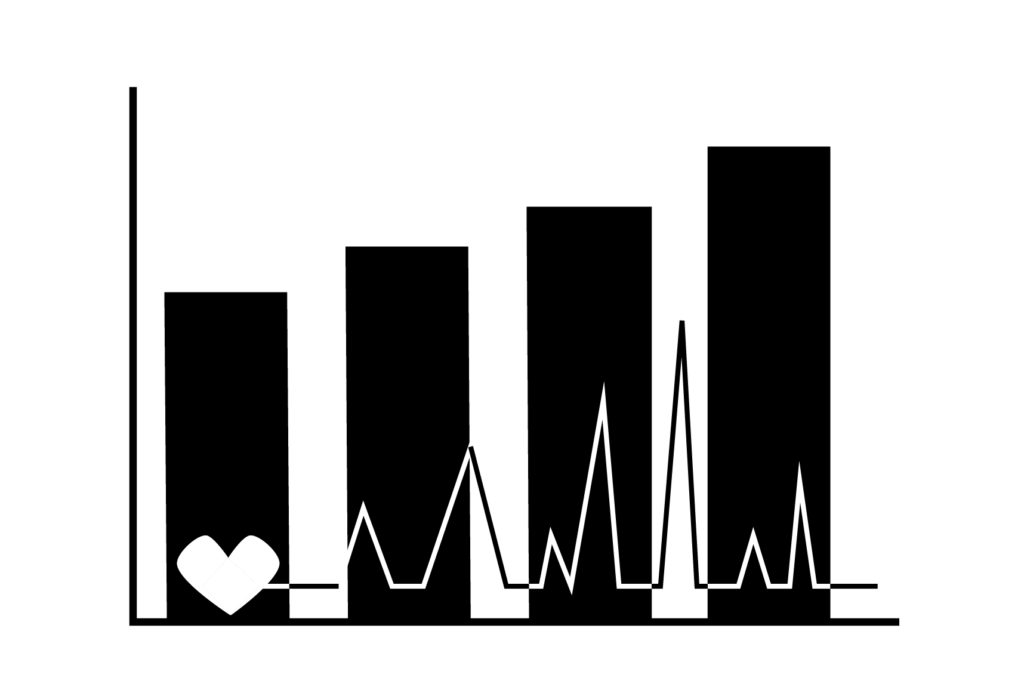With finals and the end of the quarter coming up, you may be starting to feel strained and overwhelmed. Thankfully, you are not alone and not without people looking to help. In 2015, students from Seattle University and other schools across the country participated in the National College Health Assessment (NCHA), a survey of topics like mental health, relationships and alcohol and drug use.
The results of this survey have recently been published and give us insight not only into the health of Seattle U students, but also how our campus compares to national averages for college students.
485 Seattle U undergraduates participated in the survey while this sample represents just under a quarter of the student body, it did feature a strong balance of student backgrounds and identities. The survey received marginally more responses from first and third-years but saw a relatively even balance across all years, with an average age of 20 between all participants.
Though the sample group had many different types of students, the health issues impacting them and their academic performance were remarkably similar, with the top three issues being stress, anxiety and difficulties sleeping.
“I would say that having data that actively reflects the health climate of the school not only allows better assessment of how schools can better help their students but it also helps students feel more comfortable when they are discussing health issues,” said Austin Bailey, a junior cell and molecular biology major.
With 78 percent of our students reporting an interest in reducing their stress, it is the most common issue on campus as well as the most common issue across the country. Despite being the most prevalent obstacle in the lives of students, it is also perhaps the most difficult to define. The NCHA provides no clear definition of what stress is or how it affects students, which poses a problem when looking for ways to address it.
Compared to other colleges, students at Seattle U are more likely to experience stress, with our numbers being eight percent higher than the national average of 70 percent. While this evidence does show that our students are more prone to being stressed, they are reportedly better at handling and reducing it than others.
Of those that were surveyed, 77 percent said they had received information on stress-reduction, compared to the national percentage of 60. Finally, though most Seattle U students report lower levels of stress than the national average, the amount of students at our university with very high levels of stress exceeds the national average.
Among the issues commonly faced by students are anxiety and sleep problems. 47 percent of our students with anxiety report that it has not affected their academic performance, which is lower than the national average of 52 percent. That being said, the survey also accounted for the students for whom anxiety did have a negative effect, such as a lower grade on an assignment, a lower course grade or an academic impact that wasn’t necessarily tied to a grade.
70 percent of students have said they would like information on how to alleviate sleep difficulties, but only 23 percent have actually received that information. This is different from other universities, who tend to report less interested students, but more receiving information.
The results of the NCHA are very valuable to our campus, especially our Health and Wellness Crew (HAWC), who organize and improve their programming based on its results.
“Everything that we produce in this office and all the programs that we put out for students are backed up by rationale so that we are, as accurately as we can, addressing issues that are actually facing students on campus,” said Avery Whittington, Program Coordinator for HAWC. “The more people that we have responding to surveys and giving accurate and true answers, the better we can serve our community.”
An example of this at work is in the popular quarterly event, De-Stress with Dogs, which was started in effort to alleviate the high amounts of stress noted in former NCHA surveys.
Though the program has been extremely successful with our students, HAWC is always looking for ways to improve it with the insights they gain on our student body.
“The most recent NCHA data for Seattle University shows that 89 percent of SU students felt overwhelmed by what they have to do in the last 12 months. We use this data to help drive events that address stress, such as ‘De-Stress with Dogs,’” said Helena Laubach, a senior nursing major and member of HAWC. “Though this is a quarterly event, we continue to make sure that the NCHA data is relevant to hold the event, and follow suggestions from attendees.”
The NCHA is issued every two years, which means that the next survey will take place in 2017. For more information on the results of published from the survey and how to participate in the upcoming National College Health Assessment, visit the Health and Wellness Crew office on the third floor of the Student Center.
Carlos may be reached at
ccervantes@su-spectator.com









